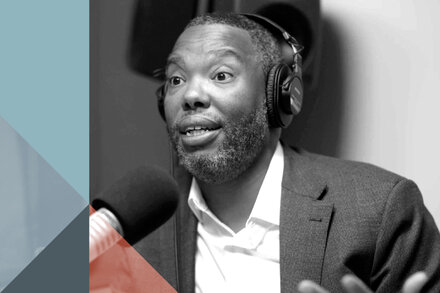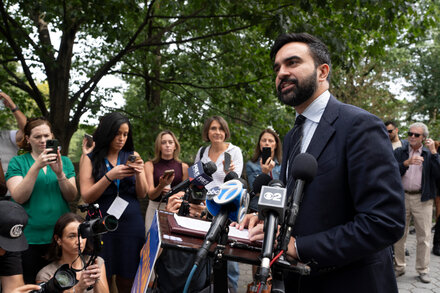Chisinau, Moldova – Early projections and exit polls following Moldova’s pivotal parliamentary elections indicate a decisive victory for pro-European forces, solidifying the nation’s trajectory towards closer integration with the European Union. The outcome marks a significant moment for the small Eastern European country, which has been navigating complex geopolitical currents between Russia and the West.
While official results are still being tabulated, leaders of the ruling pro-European parties expressed confidence in the preliminary findings, suggesting a strong mandate for continued reforms and the acceleration of Moldova’s EU accession bid. The election was widely seen as a referendum on the country’s future geopolitical alignment, with the incumbent pro-European government advocating for deep ties with Brussels and strengthening democratic institutions.
“The people of Moldova have clearly spoken. They have chosen a future of peace, prosperity, and European integration,” stated President Maia Sandu in an address following the closure of polling stations. “This mandate reinforces our commitment to fundamental reforms and our path towards full membership in the European Union. We are building a modern, democratic European Moldova for all its citizens.”
The campaign was characterized by robust debate on economic stability, energy security, and the ongoing war in neighboring Ukraine, which has deeply impacted Moldova. Pro-European parties campaigned on promises of combating corruption, improving living standards through EU-backed initiatives, and safeguarding national sovereignty. Their opponents, often advocating for stronger traditional ties with Russia or prioritizing domestic economic concerns over immediate EU integration, faced an uphill battle against the prevailing pro-Western sentiment.
A spokesperson for one of the leading opposition blocs, while acknowledging the preliminary results, emphasized the need for national unity. “While we respect the democratic process, we remain vigilant regarding the social and economic challenges facing our citizens,” the spokesperson said. “It is crucial that any government addresses the real needs of the people, not just geopolitical aspirations. Our focus remains on ensuring a better life for all Moldovans, irrespective of their political leanings.”
Moldova officially became a candidate for EU membership in June 2022, a status that has galvanized public and political support for the European path. Analysts view this election as crucial for the speed and direction of the country’s integration process, especially given the ongoing regional instability. A clear pro-European majority in parliament is expected to facilitate the legislative reforms required by the European Union, potentially accelerating accession negotiations.
However, significant challenges remain, including addressing persistent issues of corruption, resolving the frozen conflict in the breakaway region of Transnistria, and bolstering energy independence. Despite these hurdles, the projected outcome of this election is seen by many as a reaffirmation of Moldova’s democratic resolve and its commitment to a future within the European family.
Dr. Elena Popescu, a political analyst at the Chisinau Center for European Studies, remarked, “This election outcome solidifies Moldova’s Western trajectory, a significant development in a region fraught with geopolitical tensions. It signals a clear rejection of past influences and a strong desire for democratic consolidation and closer ties with the European bloc. The mandate is clear, but the work ahead will require unwavering commitment and broad consensus.”
The final certified results are anticipated in the coming days, but the consensus among observers and polling data points towards a clear electoral victory for those championing Moldova’s European future.
Source: Read the original article here.





